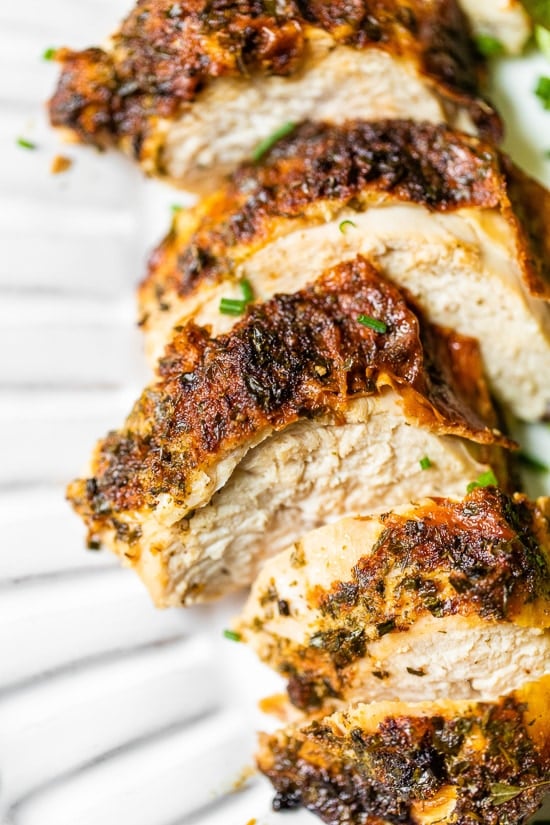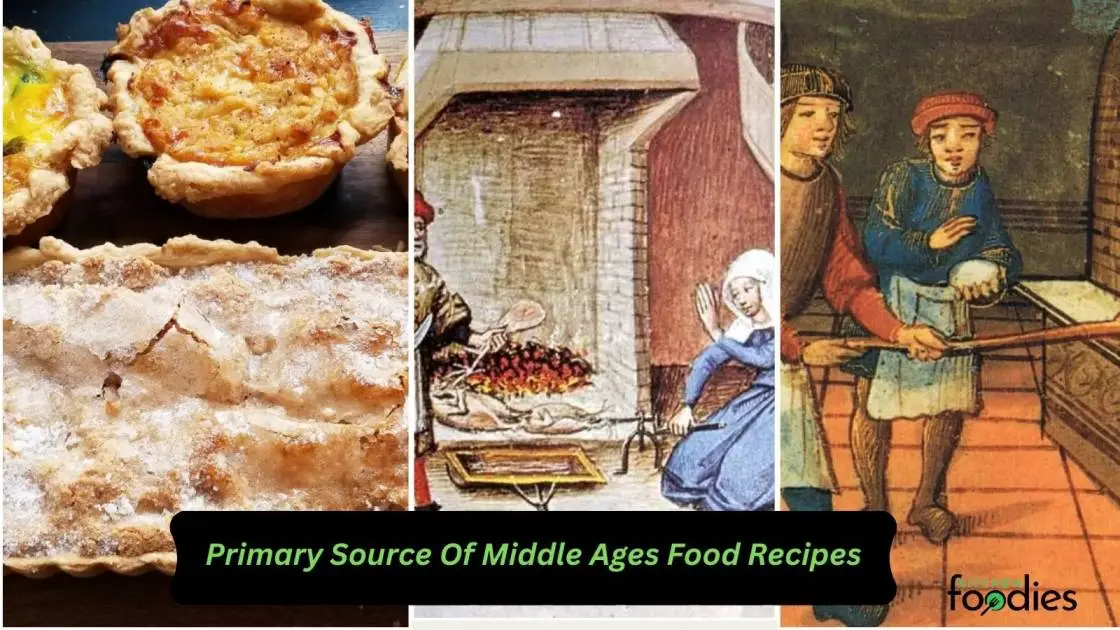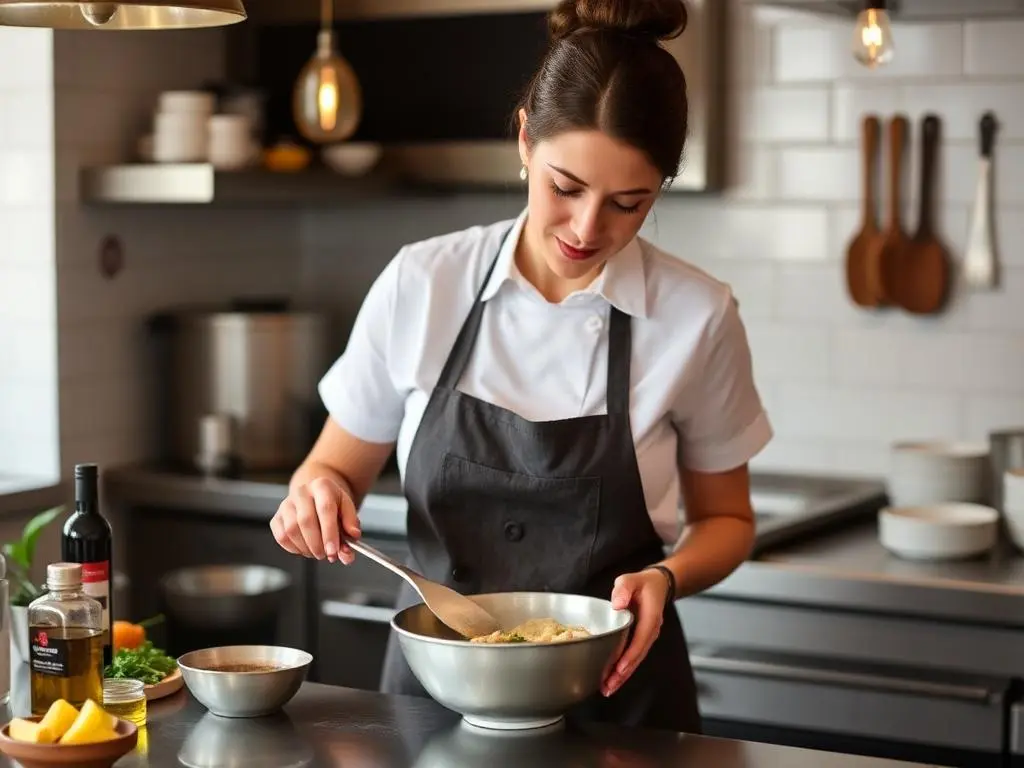Everyone’s nutritional needs are different, and the climate varies greatly across China and the rest of the world. These are a handful of the traditional foods Chinese people often consume more of during each solar term:
Spring
Beginning of Spring (Lichun), Rain Water (Yushui), Awakening Insects (Jingzhe), Spring Equinox (Chunfen), Clear and Bright (Qingming), Grain Rain (Guyu)
Spring brings revitalization and the start of a new cycle. It’s a great time to load up on fresh green vegetables, such as bean sprouts, chives, amaranth leaves, coriander, and spinach. As temperatures gradually rise, Chinese people often enjoy foods that are said to moisten the lungs: pears, lotus seed, and loquat, for instance. Prepare for the approaching heat of the summer by drinking plenty of antioxidant-rich tea.
Summer
Beginning of Summer (Lixia), Full Grains (Xiaoman), Ripening Grains (Mangzhong), Summer Solstice (Xiazhi), Lesser Heat (Xiaoshu), Greater Heat (Dashu)
With the onset of heat and humidity, Chinese people aim to dispel excess internal heat with “cooling” foods such as sow thistle, bitter melon, cucumber, and mung bean. Keep up vitality by eating light but high-protein foods, such as boiled chicken eggs or salted duck eggs. Months of humidity often leads to lethargy and poor appetite—eating sour green plums can boost appetite, and consuming ginger can promote healthy digestion. As the summer heat peaks and encourages crops to ripen, bite into nutrient-rich lychee, cantaloupe, or pineapple to stay hydrated.
Autumn
Beginning of Autumn (Liqiu), End of Heat (Chushu), White Dew (Bailu), Autumnal Equinox (Qiufen), Cold Dew (Hanlu), First Frost (Shuangjiang)
To protect the respiratory system from the dry autumn weather, Chinese people often eat foods such as honey, lotus seed, and lily bulb—while also keeping moisture-replenishing seasonal fruits such as longans, apples, and peaches in heavy rotation. As the weather cools, families begin cooking heartier meat dishes: think roasted fish, braised pork, and hairy crab. Be sure to enjoy the autumnal crop bounty while it’s in season: chestnuts, pumpkin, hawthorn, and persimmons make for cozy fall snacks. Wash it all down with a glass of huangjiu, or yellow wine.
Winter
Beginning of Winter (Lidong), Light Snow (Xiaoxue), Heavy Snow (Daxue), Winter Solstice (Dongzhi), Lesser Cold (Xiaohan), Greater Cold (Dahan)
In frigid temperatures, invite friends around for a hearty meal of hotpot, with plenty of mutton for the meat’s warming properties. Red dates and black sesame are believed to restore energy and combat internal coldness. Chinese people also typically cook many rice dishes around winter: sticky rice with sausage and meat, or Laba congee (with rice, red bean, peanuts, and dried fruit), are good choices! To prepare for the approaching seasonal change, nourish the body with chicken stewed with nurturing ginseng.








